Gina Carano’s journey from a celebrated star in “The Mandalorian” to taking legal action against Disney and Lucasfilm showcases a dramatic shift in her career trajectory. After being ousted for her controversial social media posts, Carano’s lawsuit alleges wrongful termination and discrimination.
This legal battle puts a spotlight on the fine line between free speech and contractual obligations in Hollywood, raising questions about the extent to which entertainers can express their personal views without facing professional repercussions.
Controversial Posts Lead to Controversy
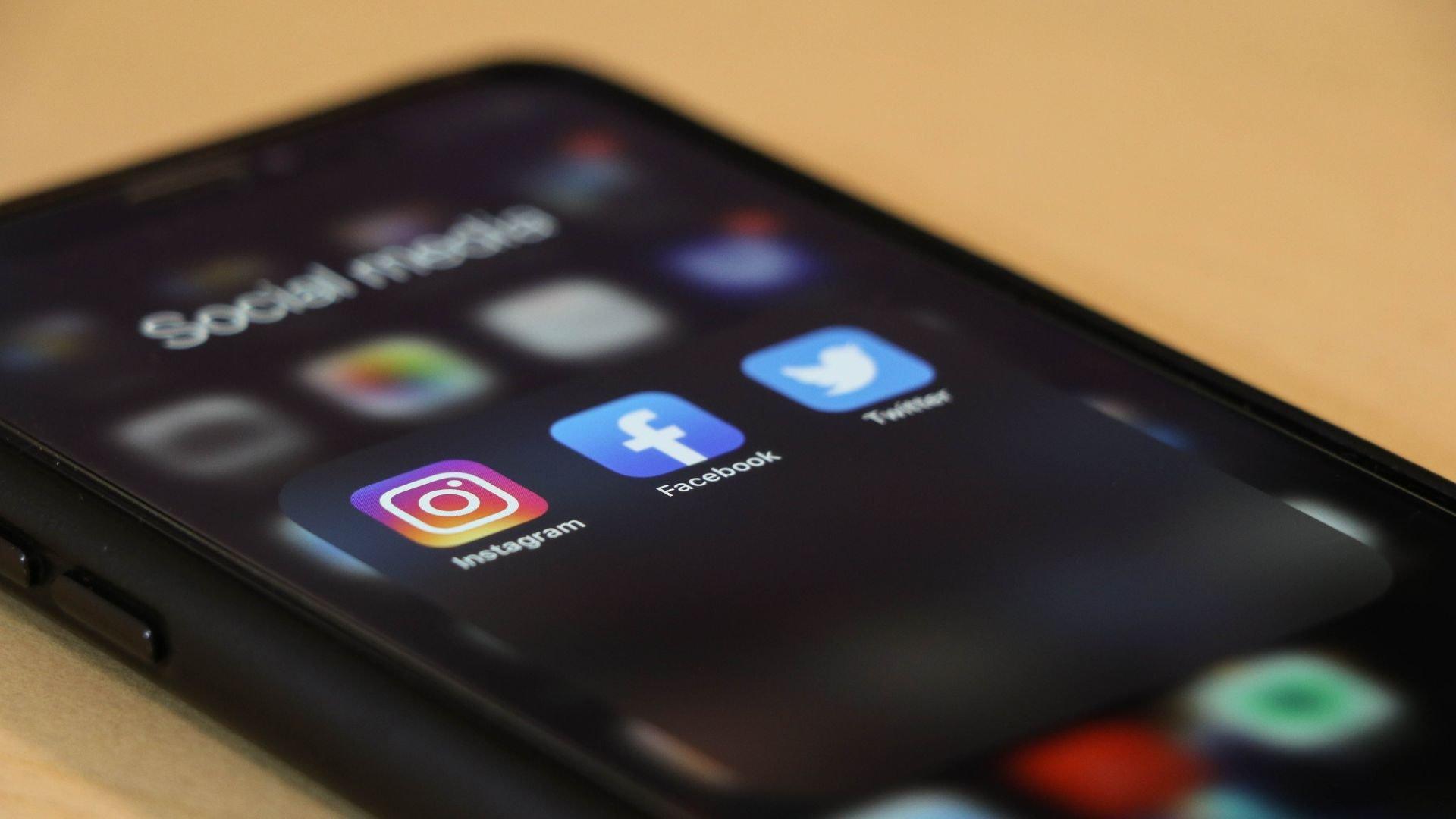
The controversy surrounding Carano began with her social media activity, where she drew parallels between modern-day political divides and historical events. These posts, especially one comparing the treatment of Republicans today to Jewish people during the Holocaust, ignited a firestorm of criticism.
This incident highlights the power of social media as a double-edged sword, capable of both elevating and ending careers, and opens up a broader discussion about the responsibilities of public figures in their online conduct.
The Lawsuit Unveiled

In a bold move, Carano recently filed a lawsuit in California federal court, claiming she was wrongfully terminated for expressing her views (via CBS News).
Seeking reinstatement as Cara Dune and punitive damages, her legal challenge against Disney and Lucasfilm is not just about her personal grievances but poses a broader question about the limits of corporate control over individual freedoms in the entertainment industry.
Elon Musk Enters the Fray
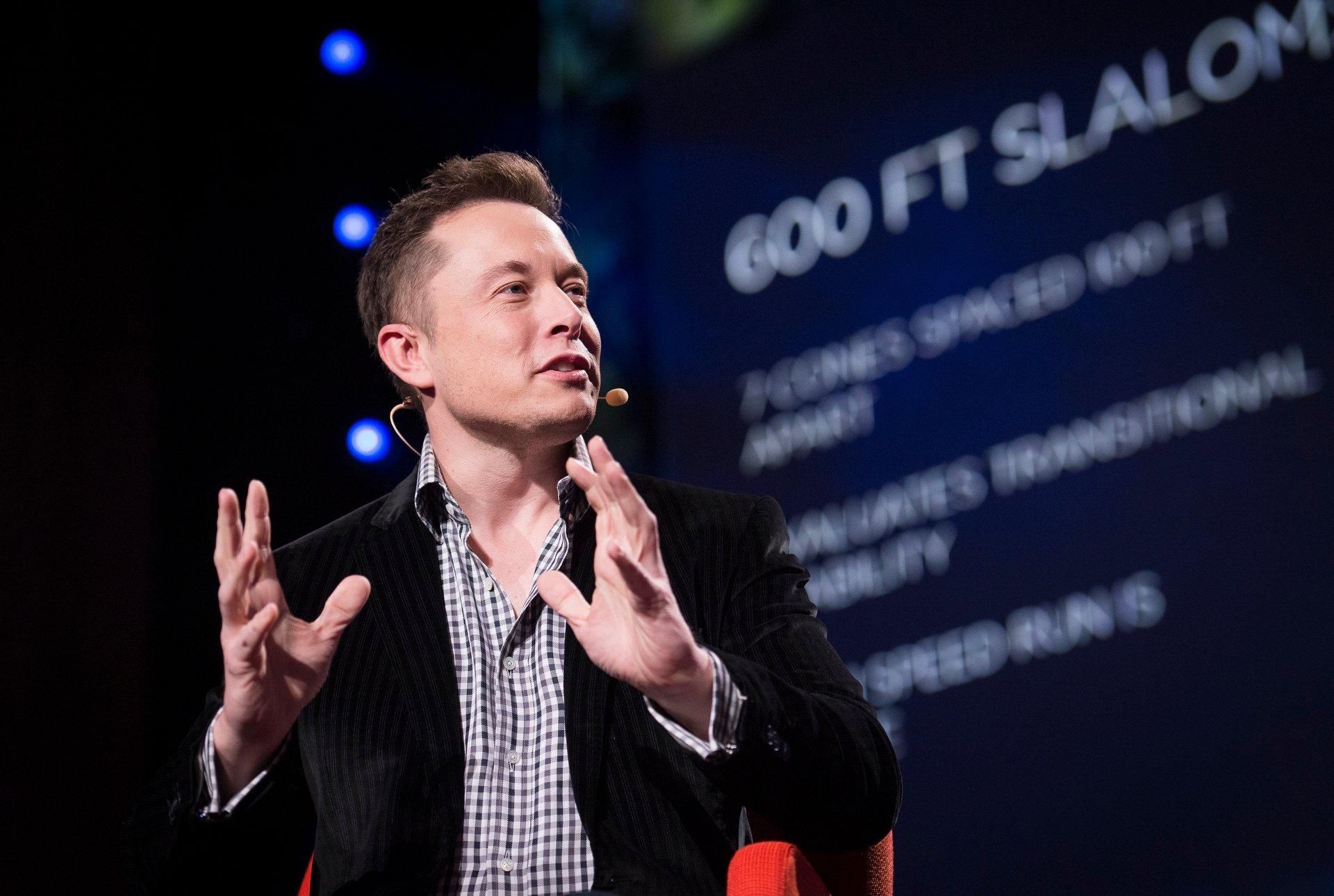
The involvement of Elon Musk, through financial support for Carano’s lawsuit, adds a layer of complexity to the situation (via Variety). Musk’s backing signals his broader agenda of championing free speech, especially in cases he perceives as individuals fighting against corporate or cultural censorship.
This support from Musk, known for his own contentious use of social media, underscores the emerging alliances between high-profile figures and controversial causes.
X Marks the Spot for Support
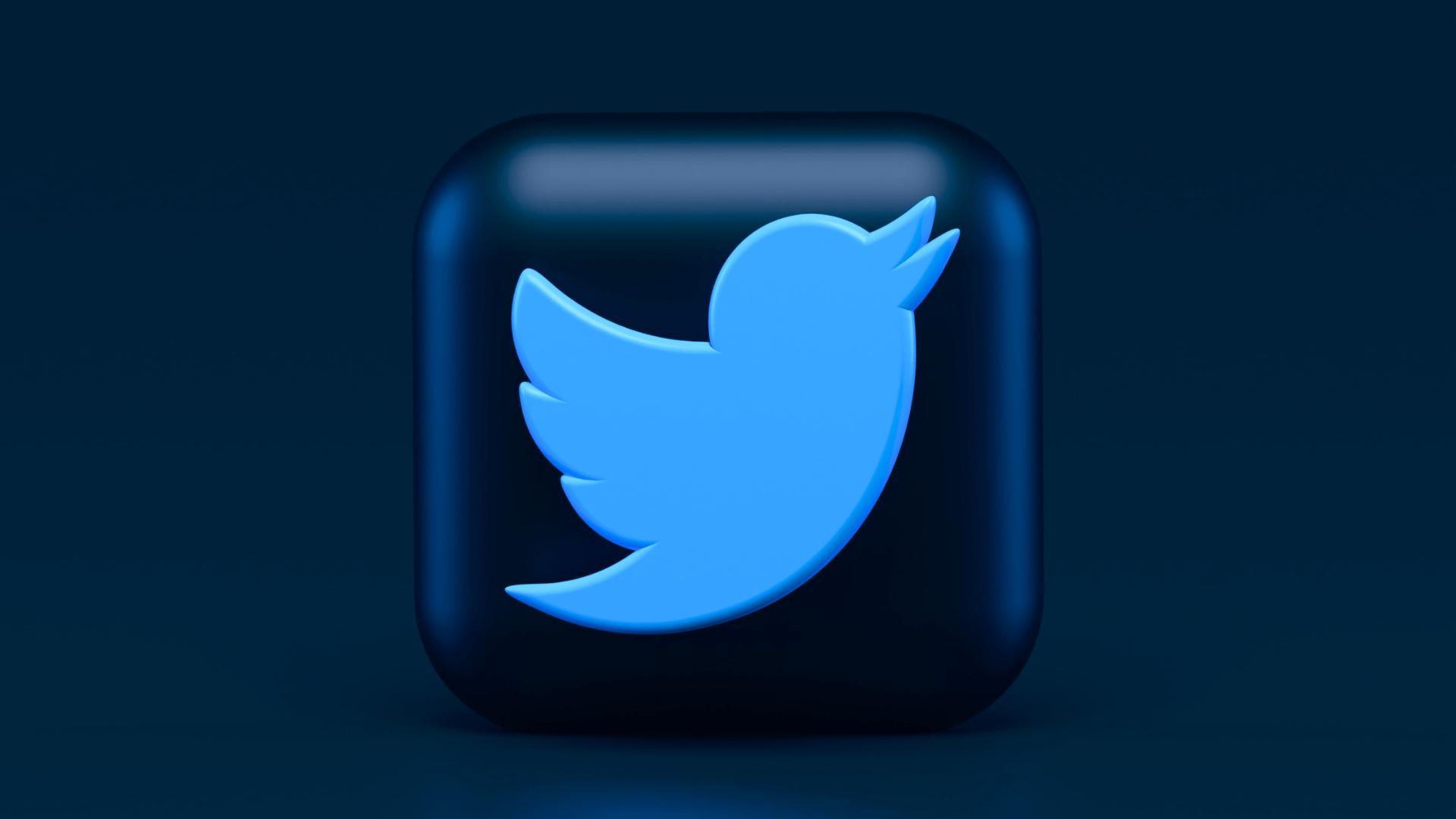
Carano’s public thanks to Musk on X (formerly Twitter) for their support not only highlights the financial aspect of her legal battle but also points to the role of social media platforms in shaping public discourse.
X’s involvement, through its head of business operations’ statement, frames the lawsuit as a fight for free speech, illustrating the evolving relationship between social media companies and the content generated by their users.
Disney’s Silence and Response
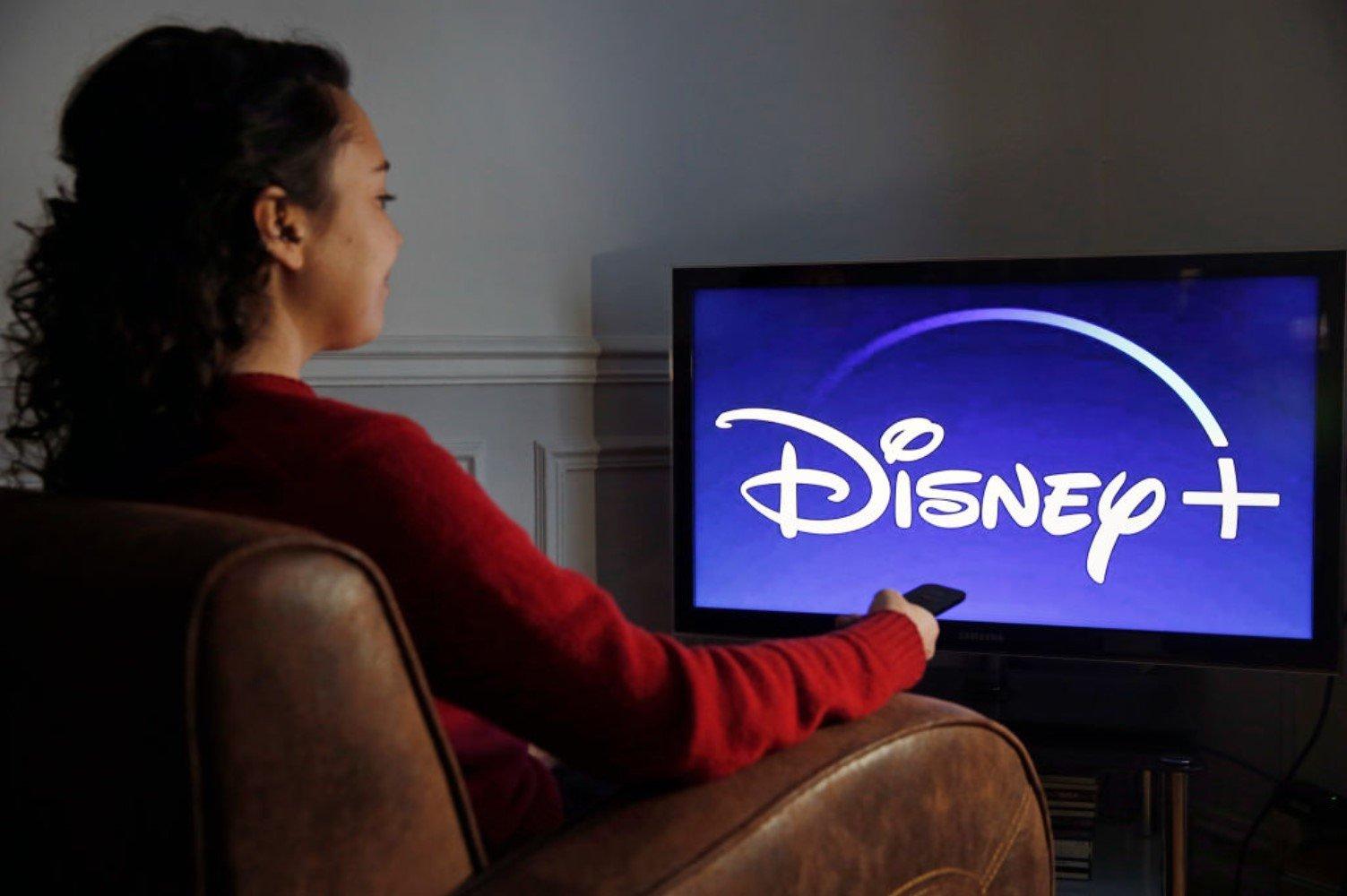
The response, or lack thereof, from Disney and Lucasfilm to Carano’s lawsuit is telling. Their silence could be strategic, avoiding further public relations issues or legal entanglements.
However, it also leaves room for speculation about how entertainment giants manage controversies and the extent to which they will go to protect their image and properties from association with divisive opinions.
Previous Incidents of Support
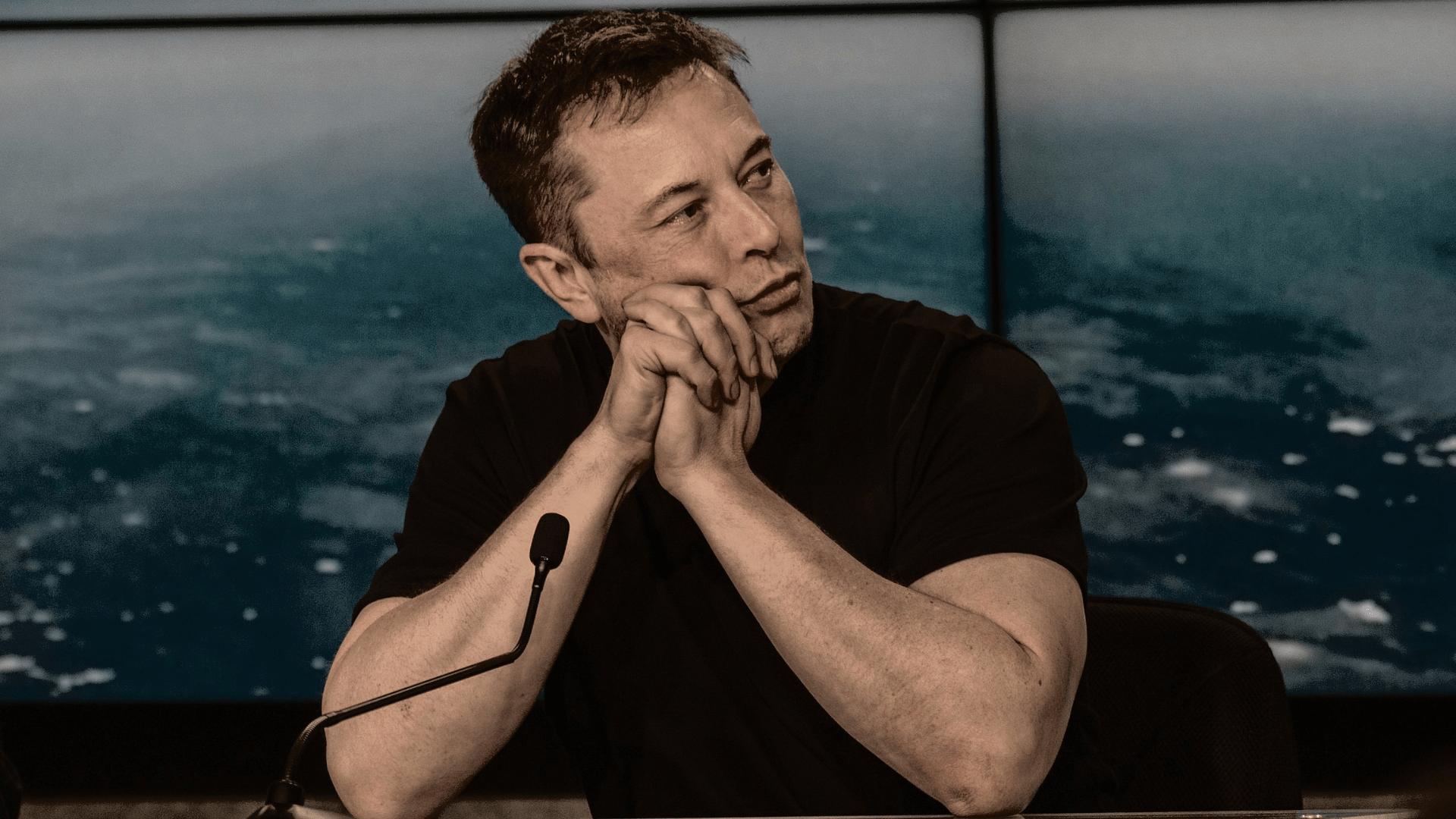
Musk’s support for Carano is not an isolated incident. His history of backing controversial figures and causes highlights a pattern of engagement with free-speech debates.
Whether viewed as a principled stand or a provocative gesture, Musk’s actions reflect the broader societal tensions around speech, censorship, and the role of influential individuals in mediating these debates.
The Role of Social Media in the Workplace
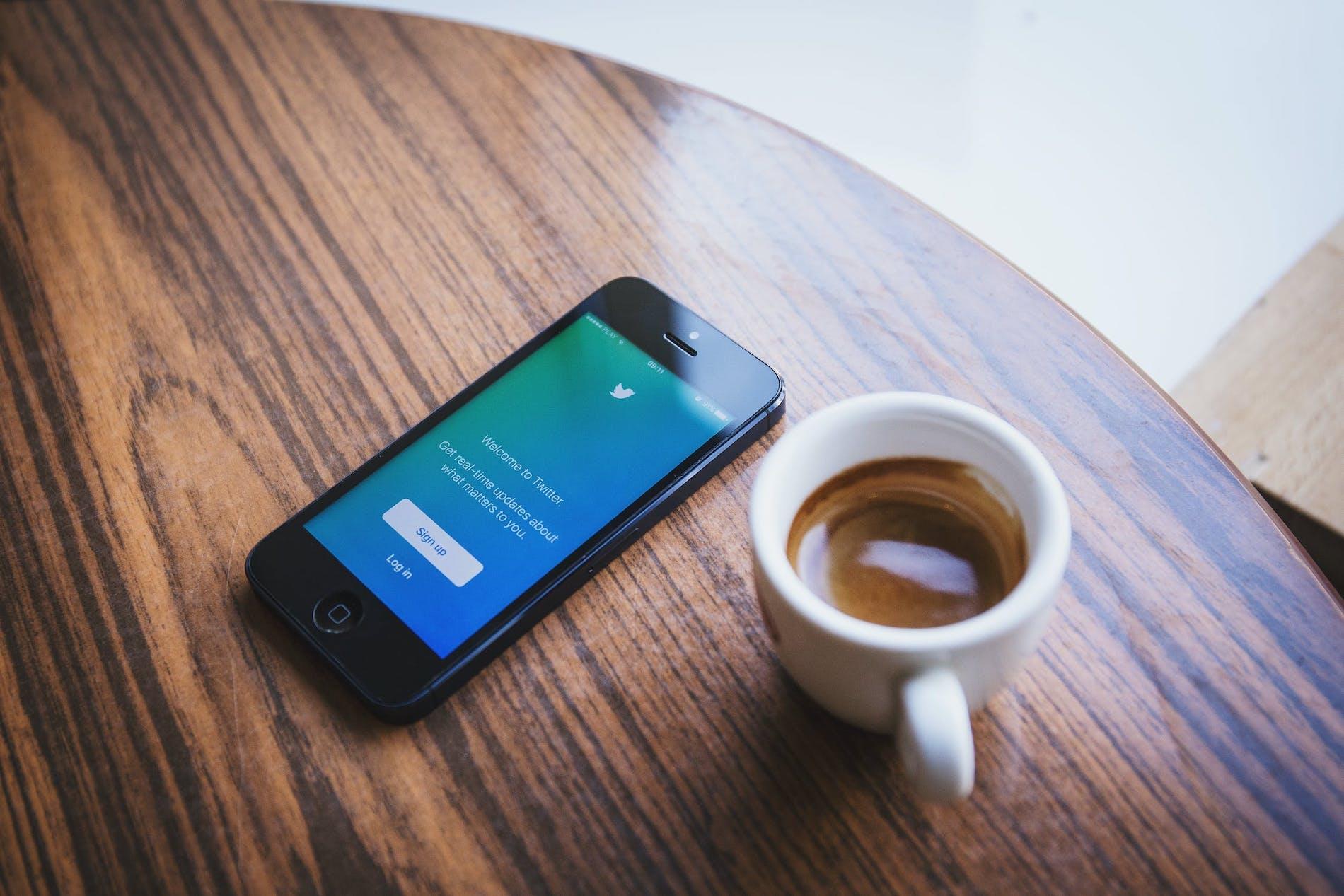
Carano’s case brings to the forefront the issue of social media’s impact on employment and personal reputation. The intersection of online behavior and professional consequences is increasingly relevant in a world where digital footprints run rampant.
This situation serves as a cautionary tale about the blurred lines between personal expression and professional expectations.
The Legal Battle Ahead
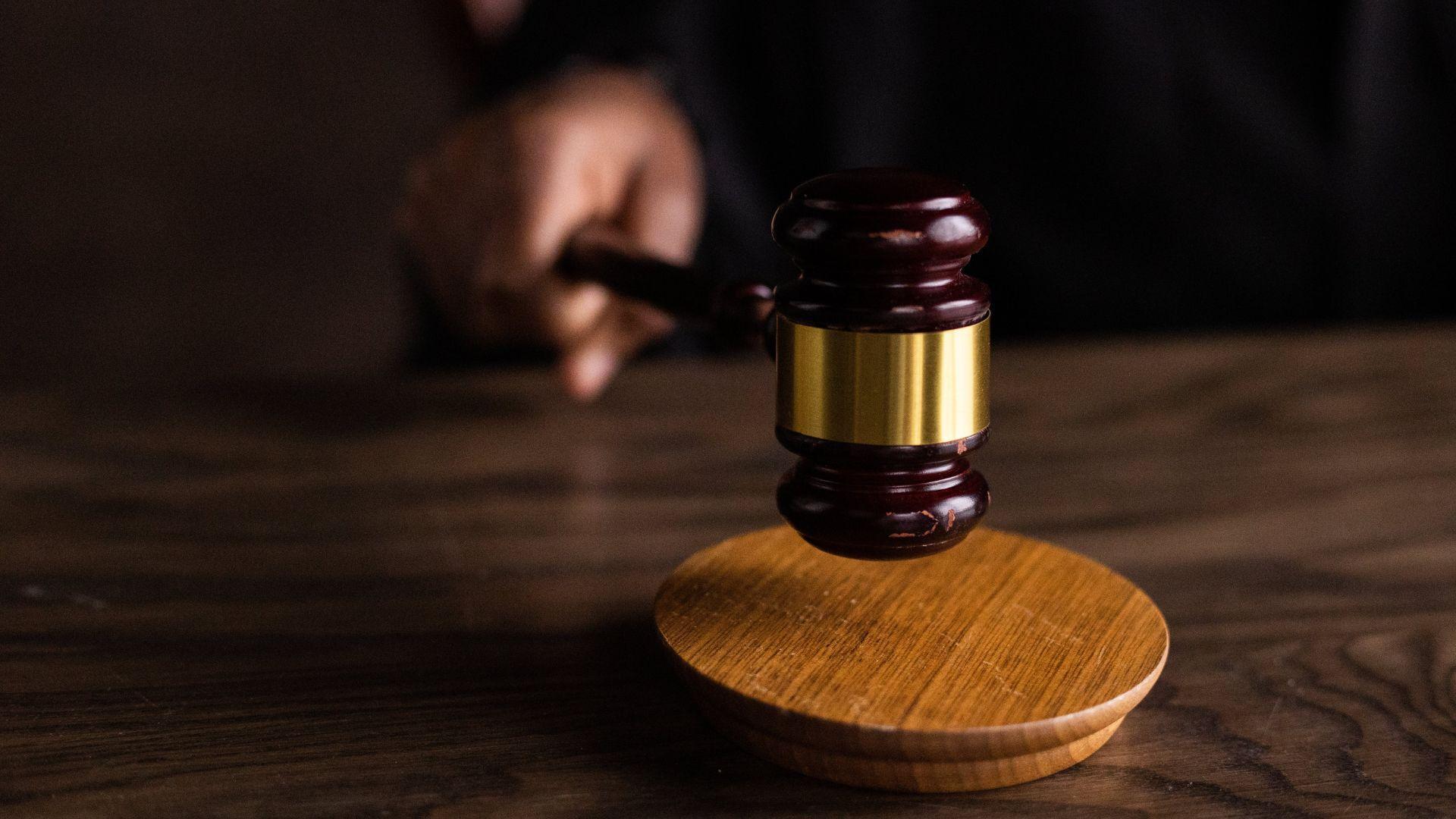
Legal experts anticipate a challenging road ahead for Carano, as proving wrongful termination linked to free speech can be complex (via Ferraro Vega).
The outcome of this case could have significant implications for how similar situations are handled in the future, potentially influencing corporate policies on employee conduct and the freedom to express contentious opinions outside the workplace.
Public Reaction and Support
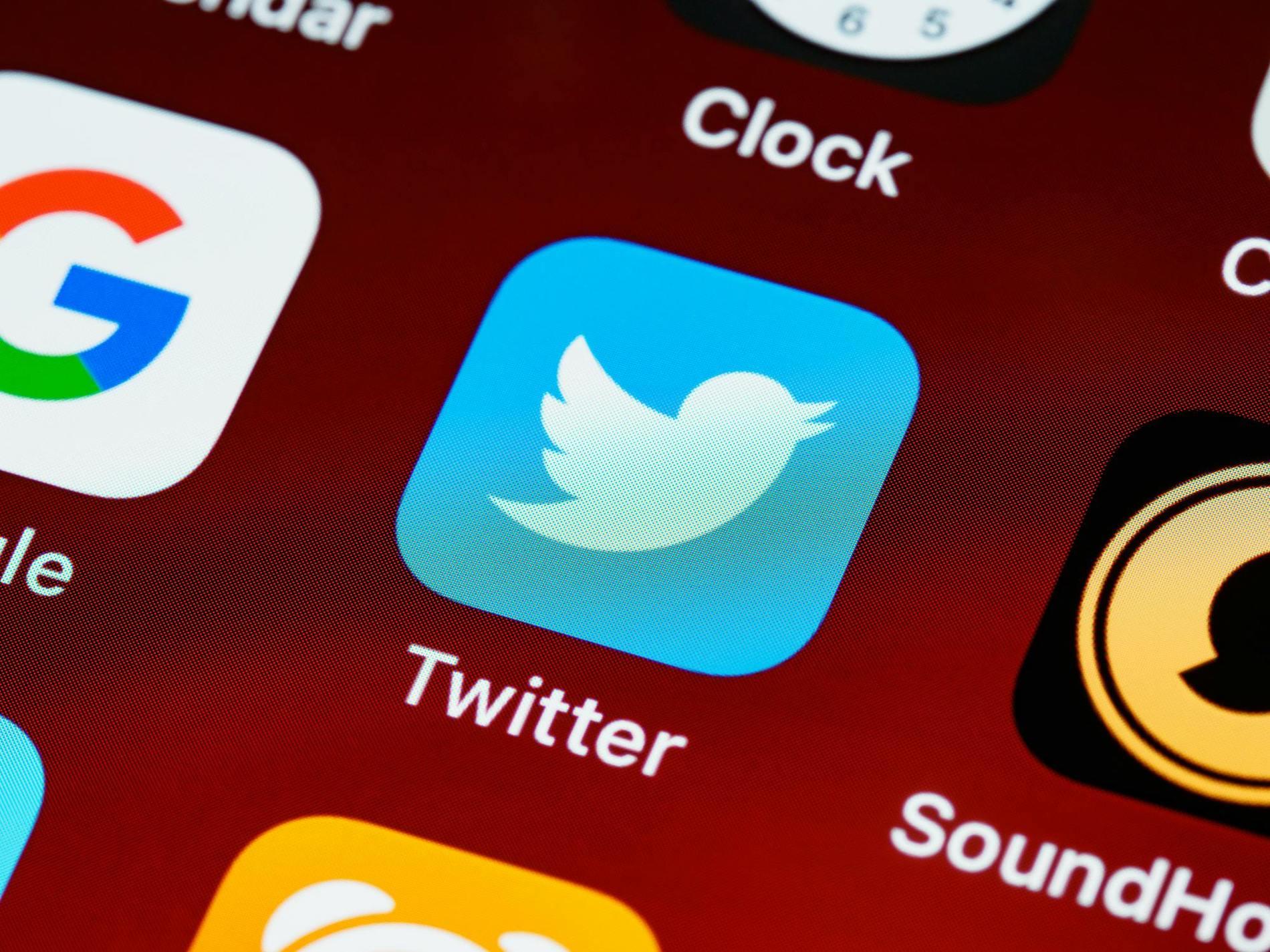
The lawsuit has polarized public opinion, with Carano’s supporters viewing her as a martyr for free speech and her critics questioning the appropriateness of her comparisons and analogies.
This division reflects the broader cultural debate over the boundaries of acceptable discourse and the role of celebrities and influencers in leading public conversations, especially on topics that may be deemed sensitive or controversial.
Implications for Hollywood and Beyond
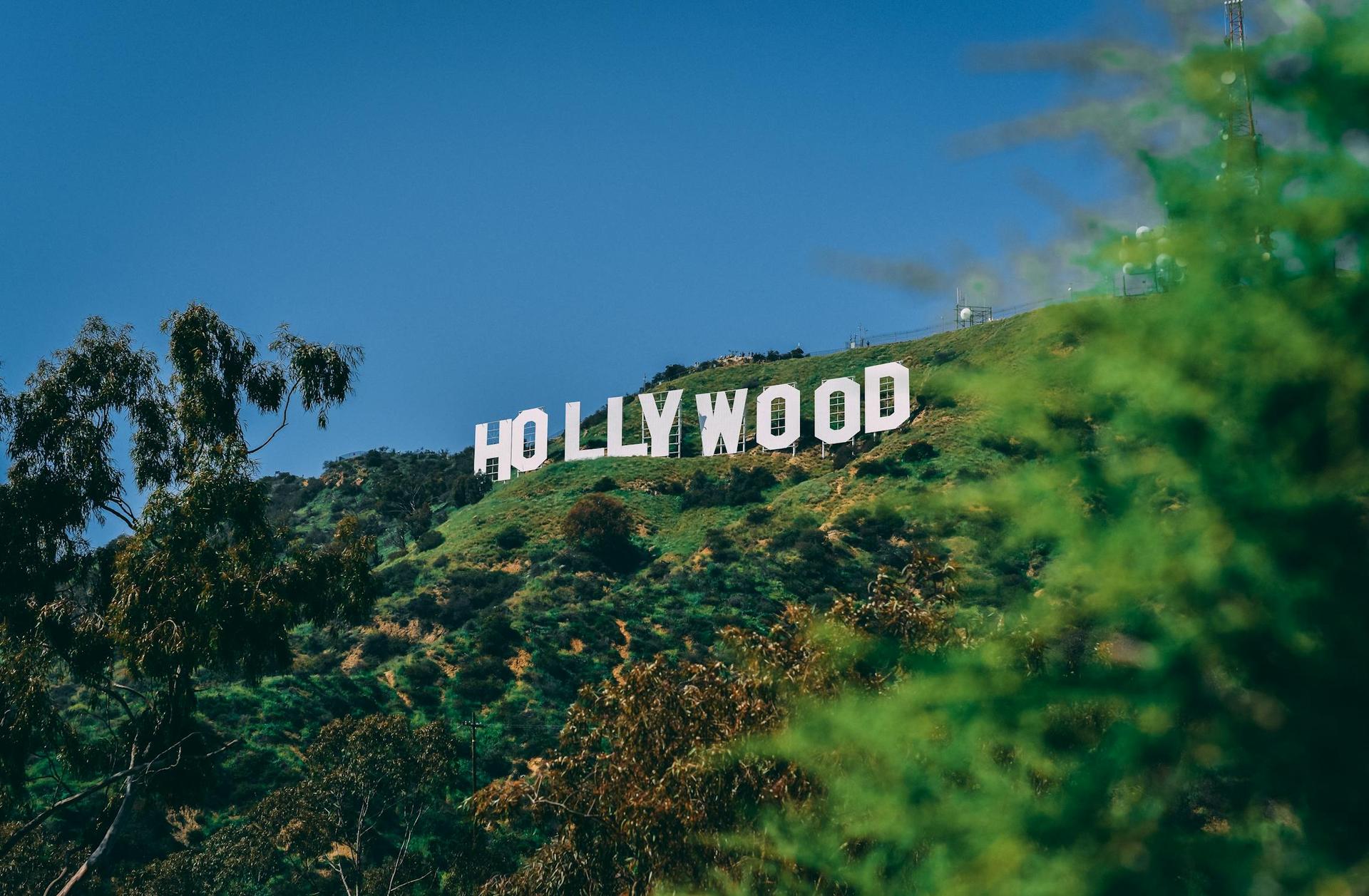
This lawsuit could resonate far beyond Carano’s individual case, potentially affecting how contracts are drafted, how social media policies are implemented, and how studios navigate the increasingly politicized landscape.
Hollywood may find itself at a crossroads, balancing creative freedom with corporate and social responsibilities.
Watching and Waiting
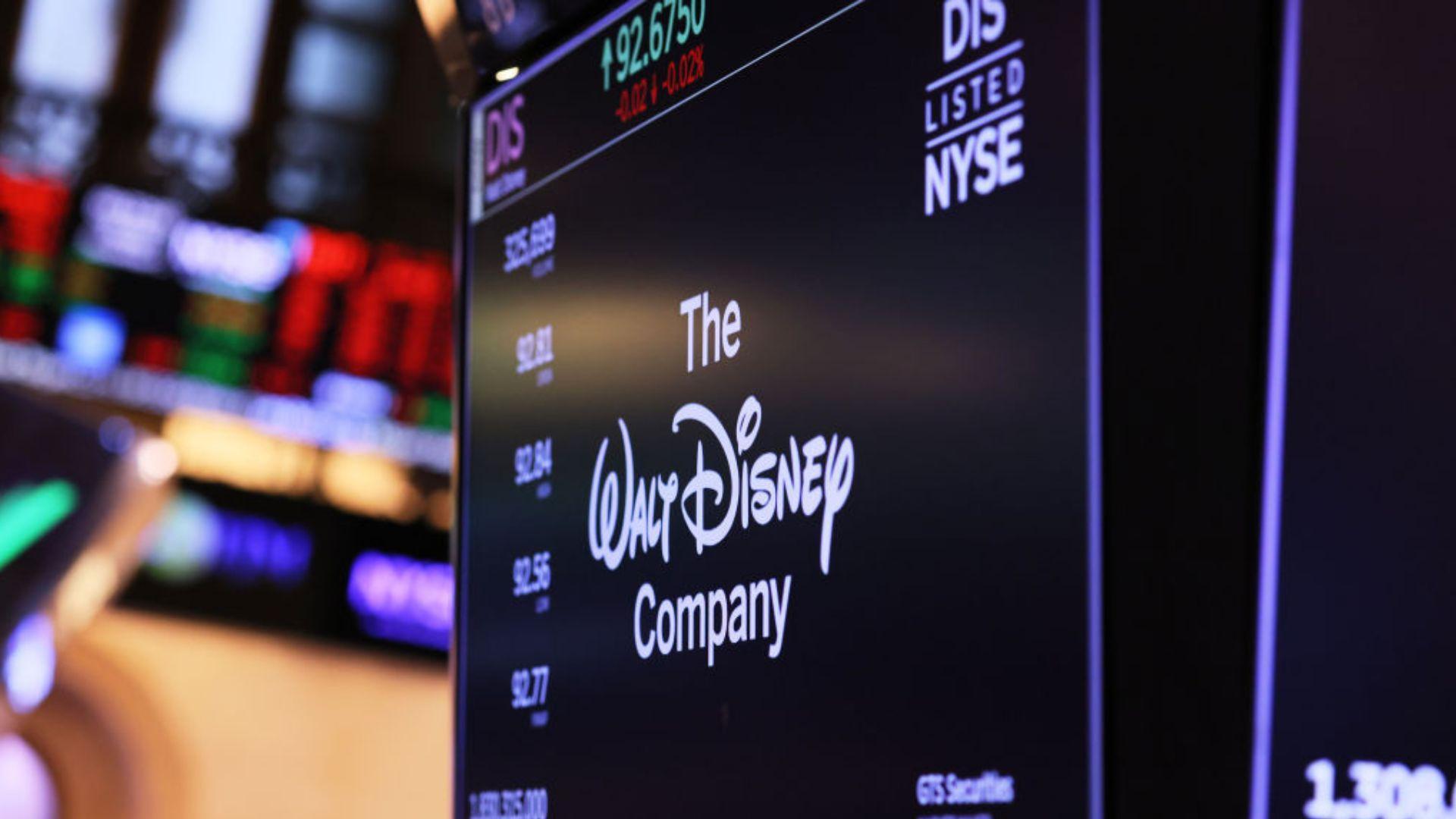
As the legal proceedings unfold, the industry and the public are watching closely.
The resolution of Gina Carano’s lawsuit against Disney and Lucasfilm could mark a turning point in how free speech and employment rights are viewed in the context of the entertainment industry, setting precedents for future conflicts between personal liberties and professional obligations.

